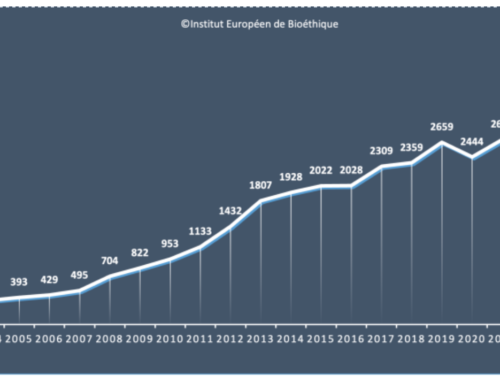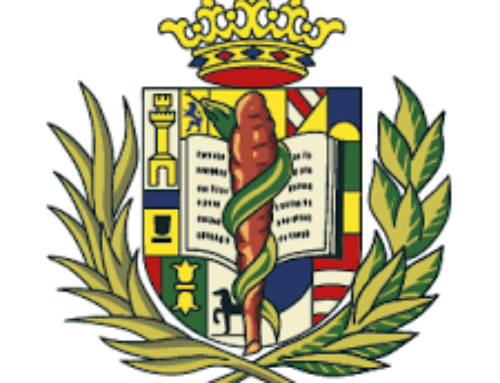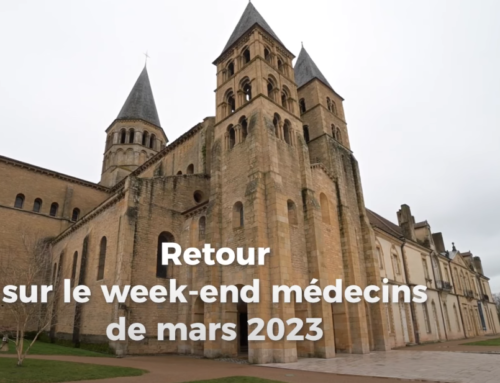14 April 1988
To the participants in a Congress of Perinatal Medicine
On Thursday, 14 April, the Holy Father received in audience the participants in the eleventh European Congress of Perinatal Medicine and addressed them as follows:
Ladies and Gentlemen,
1. I am happy to meet you on the occasion of the XI European Congress on Perinatal Medicine. I express to you my greetings which I extend with a deep sense of appreciation to the organizers and spokesmen of the Symposium.
Your presence, ladies and gentlemen, reminds me of the scientific and therapeutic commitment which has characterized your particular branch of medicine during these last decades. Perinatal medicine is concerned with the specialized and persevering effort to save, protect and promote the life and health of the unborn and newborn child and, at the same time, the life and health of the mother. Your branch of medicine is completely imbued with this ethos in favour of nascent life; it was this finality that has been responsible for the scientific progress made in it and for the improvement in the quality of prenatal, perinatal and neonatal care.
Service of life and maternity
2. The broad programme of your international congress makes evident, even to the non-professional, the moral importance, scientific value and encouraging results of your labour. My thoughts now turn to all those babies whom you have brought to life, notwithstanding the difficulties of a difficult gestation, presenting them to the eyes and embrace of their anxiously awaiting parents and family.
To you I express my thanks together with those who have been delighted at the birth of these new lives which they have received with deep and ever new affection from your expert and helpful hands.
I wish to tell you that this work at the service of life and maternity speaks of itself before the Creator and draws down his blessing upon you, your families, and your work.
I also wish to be the spokesman of the voice of the Church, Mother and Teacher, to encourage you to preserve your practice and medical art inviolate and intact from certain social and ideological pressures, from the temptations of human weakness and from the abuses of innovative technologies, so that your medical ethos itself, which is fostered by a long tradition of humanity, and your consciences may be ever in conformity with the moral norm and the paternal Will of the Creator.
3. It is well known, alas! that into this very delicate phase of the existence of the unborn child there has crept the abominable temptation to terminate the innocent life, especially when it appears to be imperfect and not completely healthy, and sometimes even for reasons still more illogical and, at any rate, never justifying.
Timely, therefore, is the confirmation repeated in the recent instruction of the Congregation for the Doctrine of the Faith Donum Vitae: “The human being is to be respected, as a person, from the very first moment of its existence” (P. I, n.1). It is the teaching of the Council which states: “Life must be protected with the utmost care from the moment of conception: abortion and infanticide are abominable crimes”. (Gaudium et Spes, n. 51). This is the Church’s constant teaching and practice.
The Instruction quoted above offers moreover valuable indications concerning the conditions required for the lawfulness of prenatal diagnosis and for therapeutic interventions on embryos and fetuses before their birth, while it explicitly recalls the moral prohibition of experimentation on fetuses and embryos.
The degree of respect for nascent life in all its phases of development in the mother’s womb is the premise of that respect which should follow in the neonatal stage also and especially as regards the seriously premature and the newborn suffering from malformation. It is the logic of death, innate in the legitimization of abortion, which in some places today moves some to ask for the legalization of neonatal euthanasia and to begin the practice of it in the case of fetuses with a disability and of those whose neonatal existence, because of their premature birth, appears, even when possible, to be faced with certain difficulties and risks.
Some claim a presumed “right to a healthy child” and they regard the so-called “quality of life” as an overriding criterion for the acceptance of life.
Every life is sacred
It must clearly be reaffirmed that every life is sacred and that a possible deformity can never justify a death sentence, not even when it is the parents themselves, in the throes of emotion and disappointed in their expectations, who request euthanasia by means of suspension of treatment and nourishment.
Quality of life must be sought, in so far as it is possible, by proportionate and appropriate treatment, but it presupposes life and the right to life for everyone, without discrimination and abandonment.
The very history of your branch of medicine, versatile and admirable for its resource and progress, is opposed to acquiescence in programmes of death such as abortion and neonatal euthanasia.
Those children who pass through your hands and go out from the cradles of your nurseries and hospital wards are the very ones who will bless you together with their parents. Moreover, you will be blessed especially by the Lord Jesus, the Word made flesh, who voluntarily offered himself in sacrifice for mankind, and rose on the third day to bring life and resurrection to all humanity.
In his Name, and as a pledge of this glory and a sign of his approval for all you are doing and will do and teach in the defence of nascent life, I impart to you my blessing, while renewing my wish of peace in the risen Lord.
John Paul II








